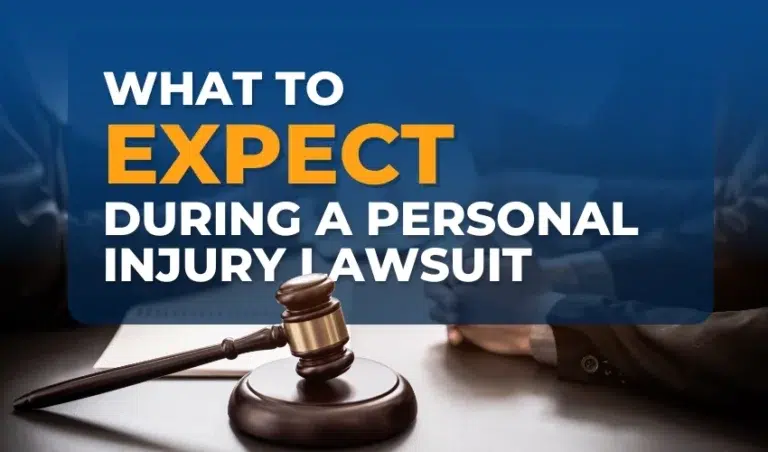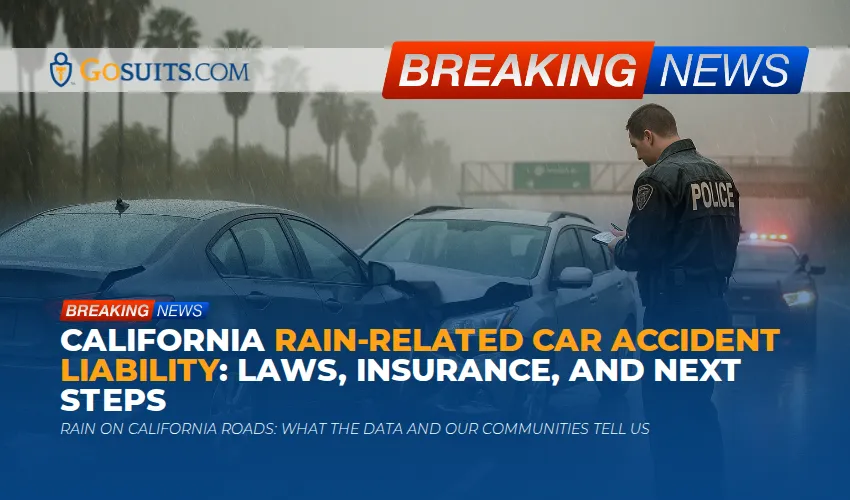When you’ve been injured due to someone else’s negligence, the legal process can feel uncertain. Many people wonder how long a case might take, what steps are involved, and how much of the process they’ll need to handle on their own. Personal injury cases follow a structured legal process, and while each case is unique, the goal is to pursue compensation that reflects the harm suffered. Understanding how a case unfolds can help set realistic expectations and provide clarity on how legal representation can assist you with seeking justice.
How Does a Personal Injury Lawsuit Begin?
The first step in a personal injury lawsuit is meeting with a personal injury attorney to discuss the details of the case. This is an opportunity to go over what happened, examine the evidence available, and assess potential legal strategies.
During this stage, personal injury lawyers gather critical information such as medical records, police reports, accident photos, and witness statements. Every case requires a strong legal foundation, and careful preparation ensures that the right evidence is preserved and properly presented.
Once the initial review is complete, the next step is filing a formal complaint in court. This document outlines the allegations against the responsible party and initiates the lawsuit. After the complaint is filed, the defendant is served with legal notice and must respond. Some defendants accept responsibility, while others dispute liability, leading to further legal proceedings. Throughout this phase, attorneys handle the necessary court filings and procedural requirements while keeping their clients informed of any developments.
What Happens After a Lawsuit Is Filed?
Once a lawsuit is underway, both sides engage in what is known as the discovery phase. This is the stage where attorneys exchange information, collect additional evidence, and build arguments to support their case. Depositions, or sworn statements given under oath, may be taken from involved parties and witnesses. Attorneys also review medical evaluations, expert testimonies, and financial records to calculate damages. Because personal injury cases often involve negotiations with insurance companies, attorneys prepare for potential disputes over liability and the extent of injuries.
Throughout this stage, injured individuals do not have to navigate legal complexities alone. Their legal team works to uncover crucial facts, counter any opposing claims, and strengthen the case. Discovery can take time, but it is essential in determining whether a case will proceed to trial or be resolved through settlement discussions.
Can a Case Be Resolved Without Going to Trial?
Many personal injury cases are resolved before they ever reach the courtroom. Settlements are often negotiated between both parties, allowing for a resolution without the uncertainty of a trial. Negotiations may begin early in the legal process or after discovery has been completed. Attorneys review any settlement offers and assess whether they align with the damages suffered by their clients. If an offer is unfair, personal injury lawyers negotiate for a resolution that better reflects the impact of the injury. Some cases go through mediation, where a neutral third party facilitates discussions between both sides in an attempt to reach an agreement.
While settlements provide a quicker resolution, they must be approached carefully. Some insurance companies may attempt to minimize payouts, and it is important to have quality legal representation that understands the tactics used in these negotiations. If a settlement cannot be reached, the case moves forward to trial.

What Happens During a Trial?
Trials take place when a settlement cannot be agreed upon. The courtroom process involves presenting arguments before a judge or jury, who will ultimately decide the case based on the evidence provided.
A personal injury trial generally follows this structure:
- Jury Selection (if applicable) – In cases with a jury, both sides participate in selecting jurors who will hear the case.
- Opening Statements – Personal injury attorneys present an overview of the case, explaining their key arguments.
- Presentation of Evidence – Witnesses testify, documents are presented, and attorneys question each side’s evidence.
- Cross-Examinations – The opposing side challenges witness testimony and evidence.
- Closing Arguments – Attorneys summarize their cases and urge the jury or judge to rule in their favor.
- Verdict – The jury or judge reviews the case and issues a decision.
Trials can last anywhere from a few days to several weeks, depending on the complexity of the case. If the injured party prevails, the court determines the amount of compensation based on damages proven in court. In some cases, the defense may appeal the decision, which can extend the legal process.
While trials involve legal complexities, attorneys handle the proceedings so that clients are well-prepared and supported throughout the process.
What Happens After a Verdict?
If a case is successful, the next step is collecting the awarded compensation. Some payments are made as lump sums, while others are structured over time.
If the defense delays or refuses payment, legal measures may be necessary to enforce the court’s decision. Your personal injury attorney will handle the post-trial process to address any challenges that arise and ensure that all legal steps are taken to secure the awarded amount.
What Challenges Can Arise in a Personal Injury Lawsuit?
Lawsuits can take time, and certain challenges may arise along the way. Insurance companies often attempt to limit payouts, argue against liability, or dispute the extent of injuries. Some cases involve procedural delays, expert evaluations, or extended negotiations.
Despite these challenges, legal teams work to anticipate potential obstacles and adjust strategies accordingly. While the process may seem lengthy, each step is taken with a focus on strengthening the case and seeking the best possible outcome.
Some of the common challenges that can arise in personal injury cases include:
- Disputes Over Liability – The defense may argue that the injured party was partially or entirely responsible for the accident.
- Challenges in Proving Damages – Medical records and expert testimony must clearly demonstrate the severity of injuries and their long-term impact.
- Insurance Company Tactics – Insurers may delay claims, undervalue injuries, or push for quick, low settlements.
- Delays in Court Proceedings – Backlogs in the legal system can prolong cases, specifically if trials are involved.
- Appeals and Post-Trial Motions – If a verdict is contested, the case may extend beyond the initial ruling.

What Emotional and Practical Challenges Should You Expect?
A personal injury lawsuit is more than a legal matter—it is a process that can bring up emotional and financial concerns. Dealing with an injury is already difficult, and revisiting the details of an accident during legal proceedings may feel overwhelming. However, attorneys guide clients through these moments so that they are informed without being burdened by unnecessary stress.
One of the most common concerns is how long a case will take. Some cases resolve in months, while others take longer due to court schedules, evidence collection, or ongoing negotiations. Patience is often necessary, but knowing that qualified professionals are handling the case can provide peace of mind.
Ultimately, understanding what happens during a personal injury lawsuit can help set expectations and reduce uncertainty. While the legal system follows a structured process, no two cases are identical. A personal injury lawyer will handle the legal details so that each case is prepared thoroughly and pursued with diligence.









